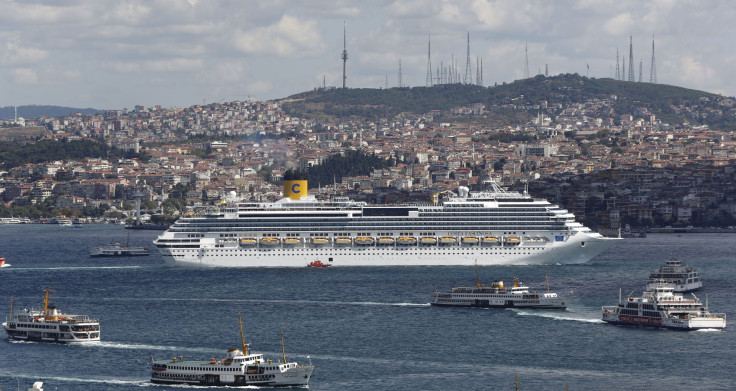Foreign Militants Reaching Iraq and Syria Through Cruise Liners: Interpol

A number of jihadists seeking to join militant groups in Iraq and Syria are increasingly travelling on cruise ships in an attempt to bypass stringent security checks put in place at airports and get to the conflict-hit countries, Interpol said Thursday, according to media reports.
Interpol officials reportedly said that, over the past few months, Turkish airports and bus stations had become major thoroughfares for jihadists seeking to enter Syria and Iraq, and as a result, Turkish authorities have attempted to increase security in these areas. Turkish authorities claim that they have deported hundreds of suspected foreign jihadists in recent months after detaining them at airports and bus stations, according to media reports. Security has also been beefed up along Turkey’s porous land border with Syria and Iraq.
“Because they (the jihadists) know the airports are monitored more closely now, there's a use of cruise ships to travel to those areas,” Pierre St Hilaire, Interpol’s director of counterterrorism, told The Associated Press, or AP. “There is evidence that individuals, especially in Europe, are travelling mostly to the Turkish coastal town of Izmit and other places to engage in this type of activity.”
Interpol officials said reports of the use of cruise ships by militants had emerged only in the “past three months or so.”
“Originally, our concern about people on cruise ships -- dangerous people on cruise ships -- really focused on the classic sort of rapist, burglar, or violent criminal,” Ronald Noble, the outgoing Secretary General of Interpol, reportedly said. “But as we've gathered data, we've realized that there are more and more reports that people are using cruise ships in order to get to launch pads, if you will -- sort of closer to the conflict zones -- of Syria and Iraq.”
Hilaire reportedly urged security agencies across countries to not only step up screening at all transportation hubs, but also increase information-sharing to make counterterrorism operations more effective.
“It's a global threat -- 15,000 fighters or more from 81 countries traveling to one specific conflict zone,” he said. “In order to prevent their travel and identify them, there needs to be greater information-sharing among the region, among national security agencies.”
© Copyright IBTimes 2024. All rights reserved.












